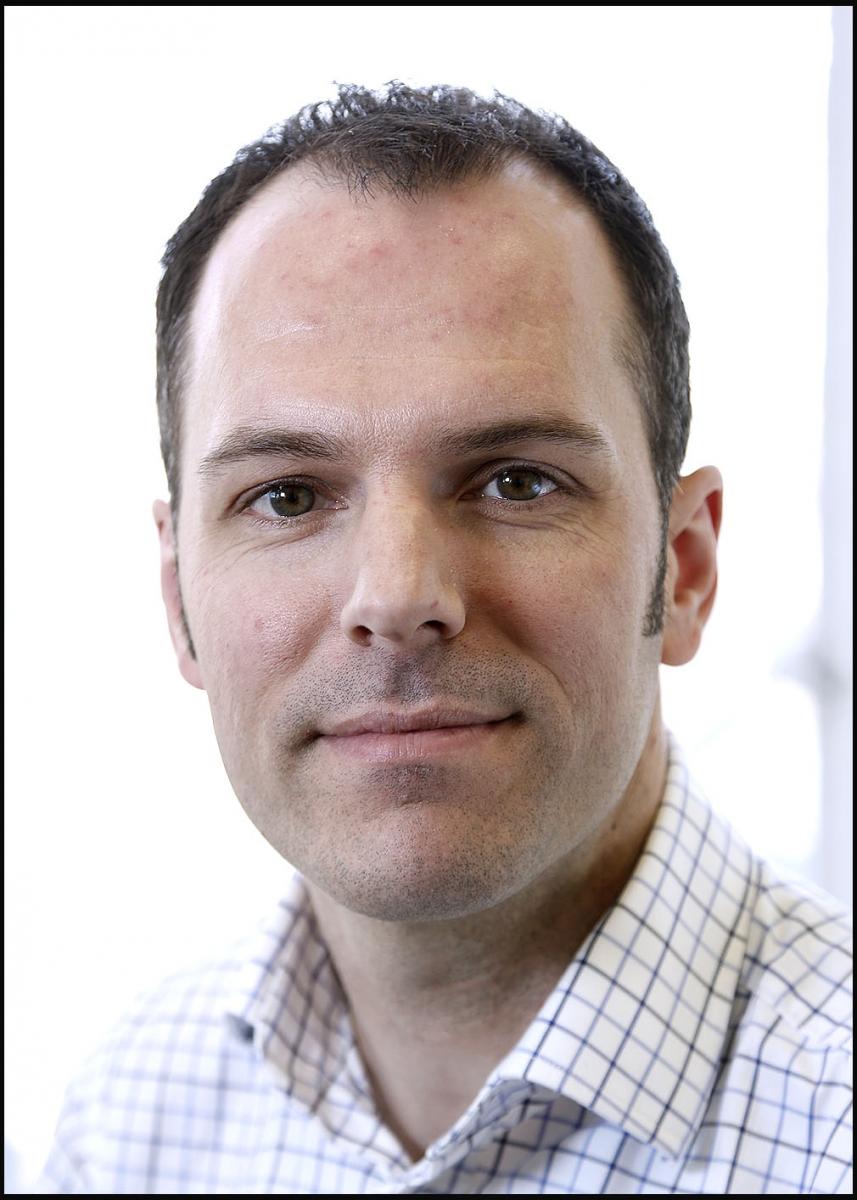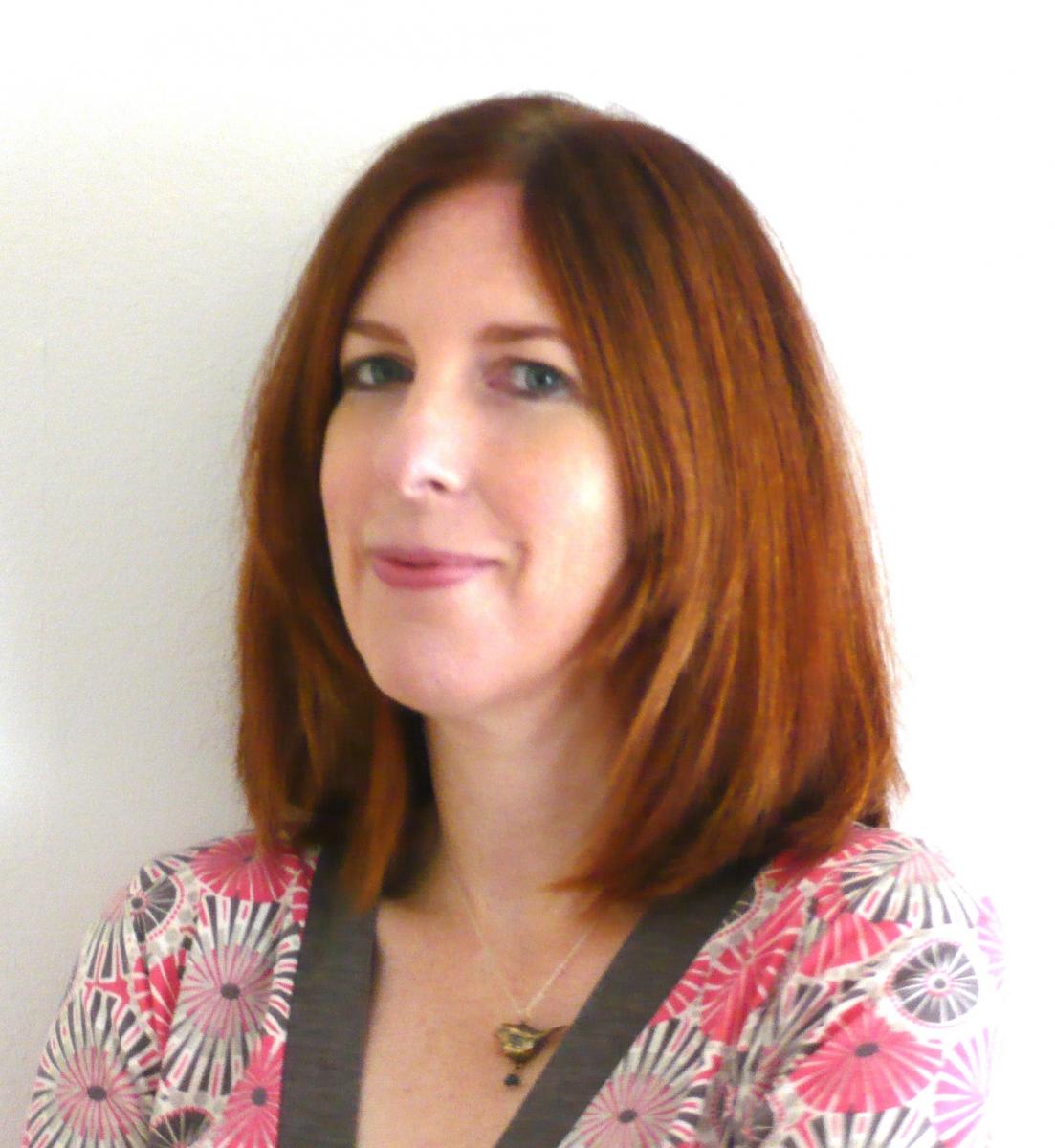ACT therapists’ use of self: Working with self; working with stuckness


Workshop Description:
Skilful ACT requires the therapist to use their own moment-by-moment experiences to inform their interactions with clients—the use of self as an instrument of therapeutic change. Accounts of ACT in textbooks can neglect these aspects of the therapy in favour of descriptions of exercises and metaphors, as the latter are more readily explored on the page, compared to the subtleties of therapists’ ways of being and relating. Cognitive behaviour therapy training has not traditionally emphasised therapists cultivating the awareness, willingness, and skills to be present psychologically and to use that presence therapeutically, unlike other approaches such as humanistic psychotherapies.
This 2-day workshop, drawing on understanding from ACT, Mindfulness, Functional Analytic Psychotherapy, and humanistic approaches such as Gestalt, will emphasise the use of therapist self-exploration, experiential exercises, small group work, and facilitator demonstration, to support participants in beginning to consider these important inter and intra-personal abilities within the context of ACT. Attention will be paid in the workshop both to the therapeutic relationship and to psychological self-support for therapists.
These therapist abilities to access and use self and relational in-the-moment ‘data’ will be used, in particular, as the basis of a more curious, appreciative and effective relationship with therapeutic stuckness.
Participants should already have some familiarity with ACT and be working with people. Suitable for intermediate and advanced practitioners.
About Helen Bolderston, Ph.D.:
Helen Bolderston is a Chartered Clinical Psychologist with almost 30 years’ experience working predominantly in mental health settings. She is also a senior lecturer in Psychology at Bournemouth University. She was a consultant psychologist in the UK National Health Service (NHS) for many years before moving to her current academic post.
Her particular area of expertise is acceptance-based psychotherapies, especially Acceptance and Commitment Therapy and mindfulness taught in the form of Mindfulness Based Stress Reduction and Mindfulness Based Cognitive Therapy. She has also trained in Dialectical Behaviour Therapy and Gestalt Psychotherapy.
Her most recent NHS clinical work was with people with complex, chronic psychological difficulties; people who are often given personality disorder diagnoses. In others settings she has worked with people with a broad range of mental health difficulties, as well as physical health issues such as chronic pain.
She has led ACT training pre-conference workshops at ACBS World Conferences and UK/Ireland Conferences, and regularly provides ACT and mindfulness training and supervision for NHS clinicians.
She leads a programme of ACT and mindfulness research at Bournemouth University.
About David Gillanders, Psy.D.:
David Gillanders is Academic Director of the Doctoral Programme in Clinical Psychology at the University of Edinburgh, and a founder member of the Association for Contextual Behavioural Science. He is a peer reviewed ACT Trainer and former Chair of the Training Committee, as well as current President of the ACBS UK & Ireland Chapter. He leads a programme of research into the application of contextual behavioural science to living well with ill health, as well as research into training, supervision and basic measurement in behavioural science. He has published more than 30 peer reviewed articles and several book chapters, and is co-author of the self-help book, Better Living with IBS.
Learning Objectives:
- Describe the potential uses of self-experience within ACT
- Demonstrate 2 ways of bringing other therapy traditions' wisdom into a behavioural understanding of relationship processes
- List 3 non-verbal or subtle aspects of therapeutic interactions
- Demonstrate how to utilize awareness of subtle interactions to shape client responding
- Describe how to use one's own experience as a source of data in therapy
- List 2 ways in which we can utilize in-the-moment experience as a powerful therapeutic tool
- Explain the importance of curiosity and compassion to moments of stuckness
- Describe how one can learn from and improve working with therapeutic stuckness
- Explain how the commitment to self-care is an ongoing act of personal support
- List 2 perspective-taking skills to provide in-the-moment self-support when the going gets tough
Target Audience: Intermediate, Advanced, Clinical
Components: Conceptual analysis, Experiential exercises, Didactic presentation, Role play
Package Includes: A general certificate of attendance, lunch, and twice daily coffee/tea break on site.

